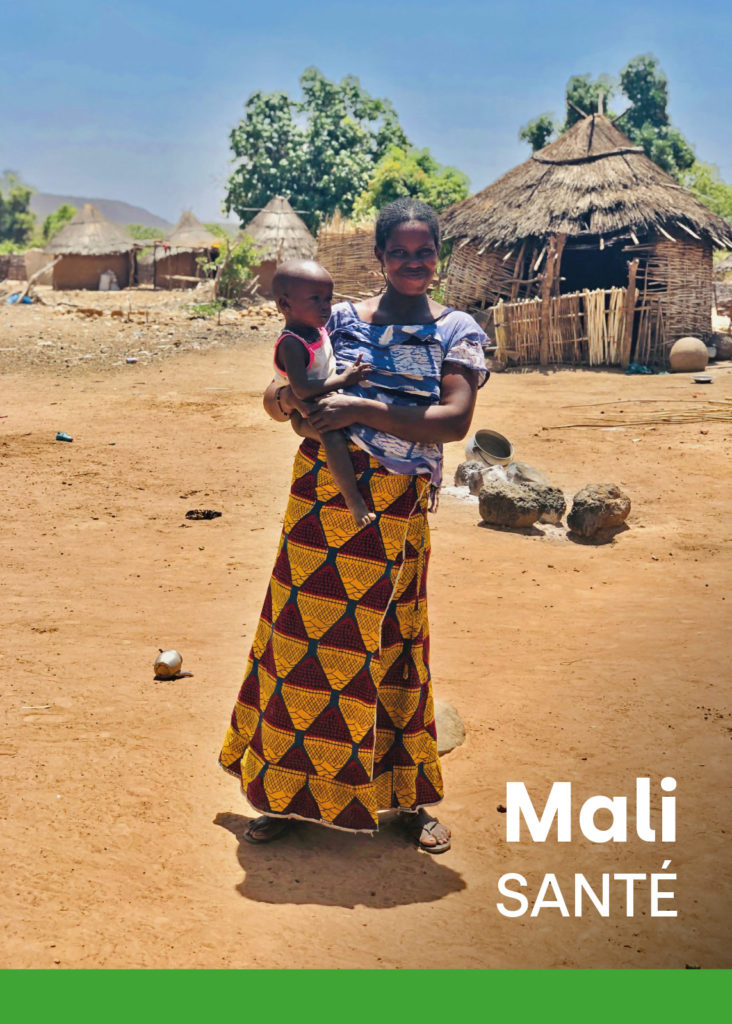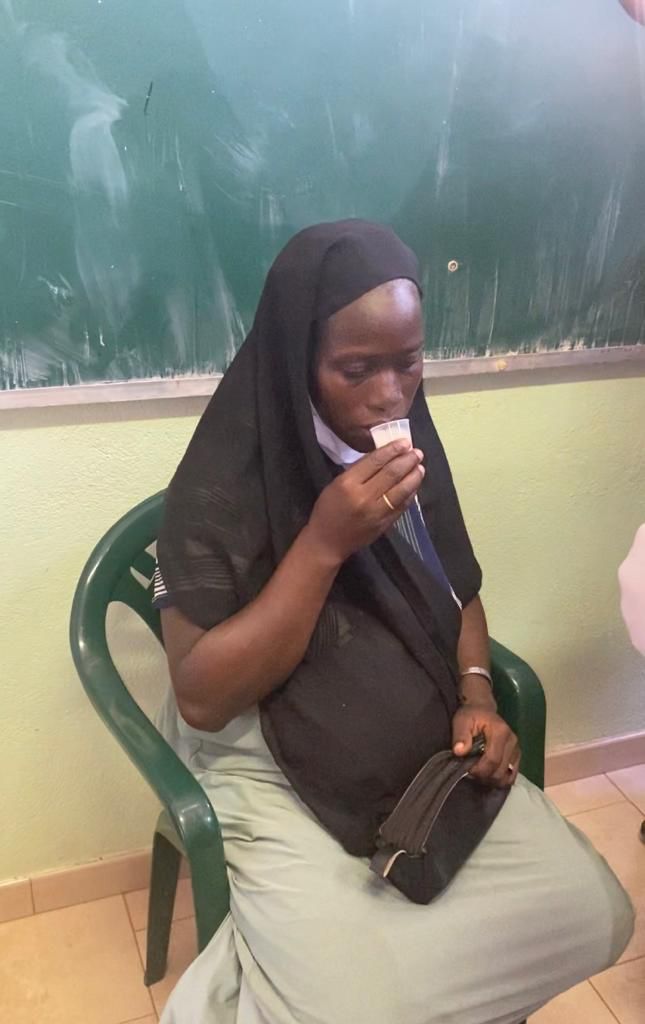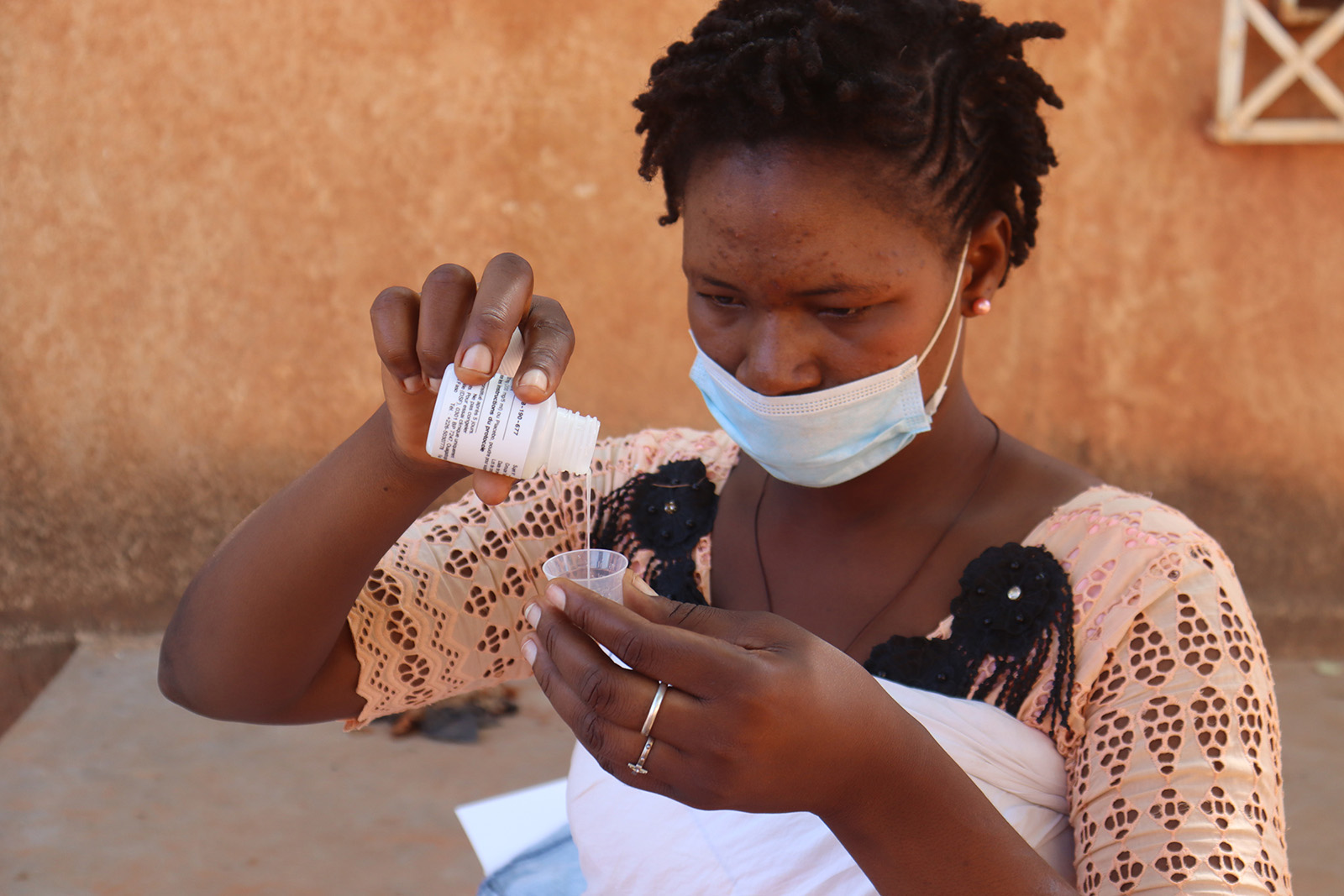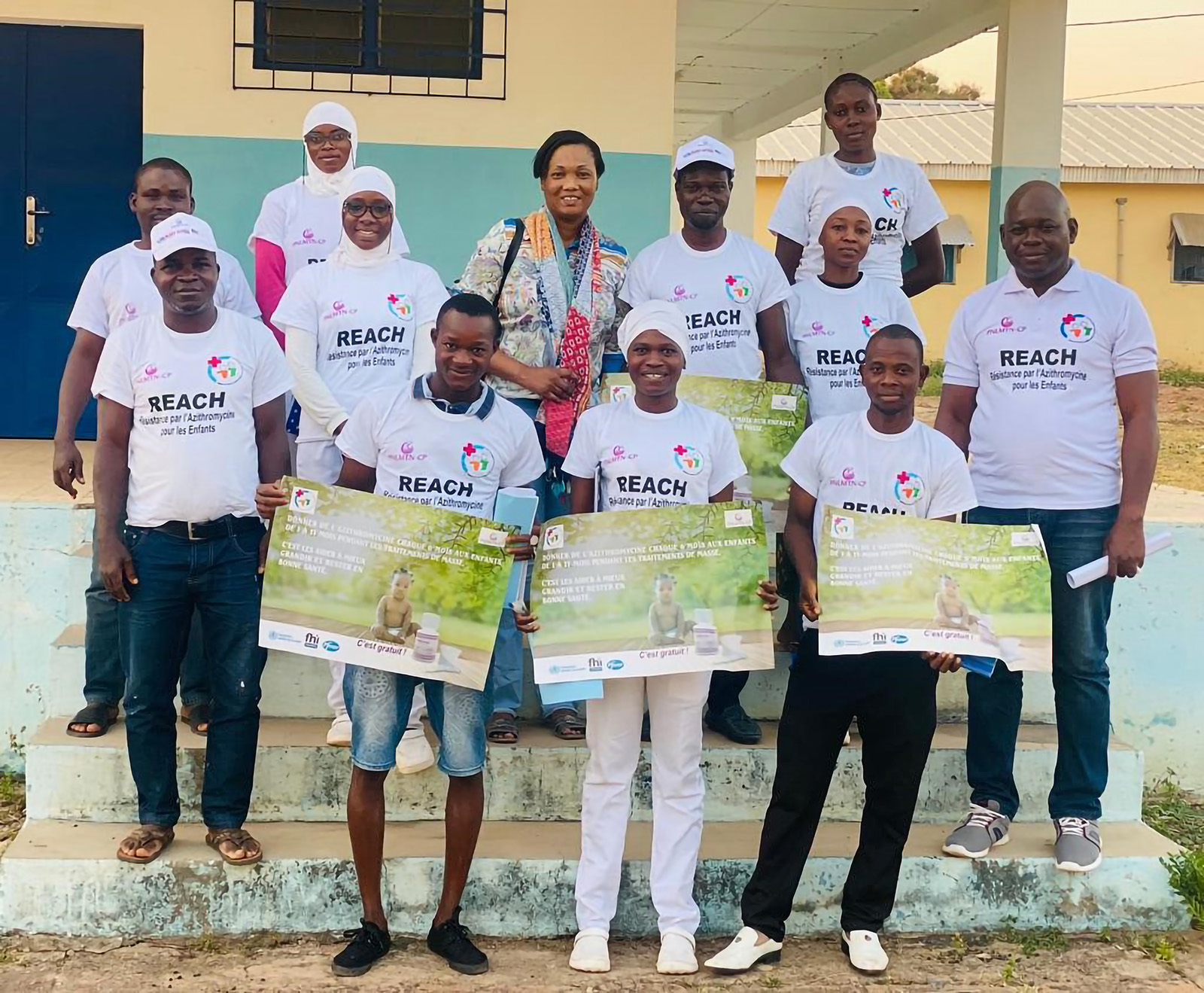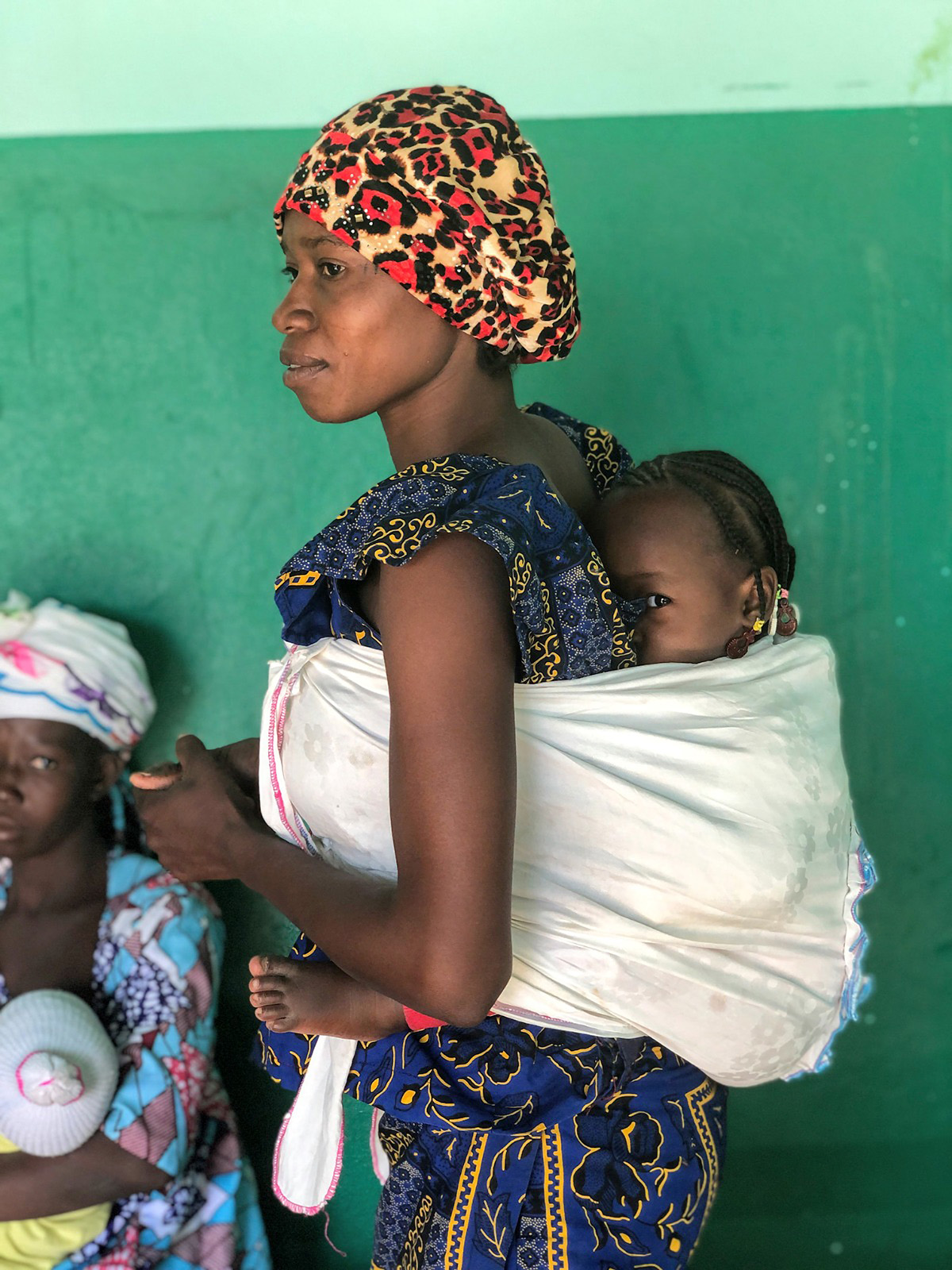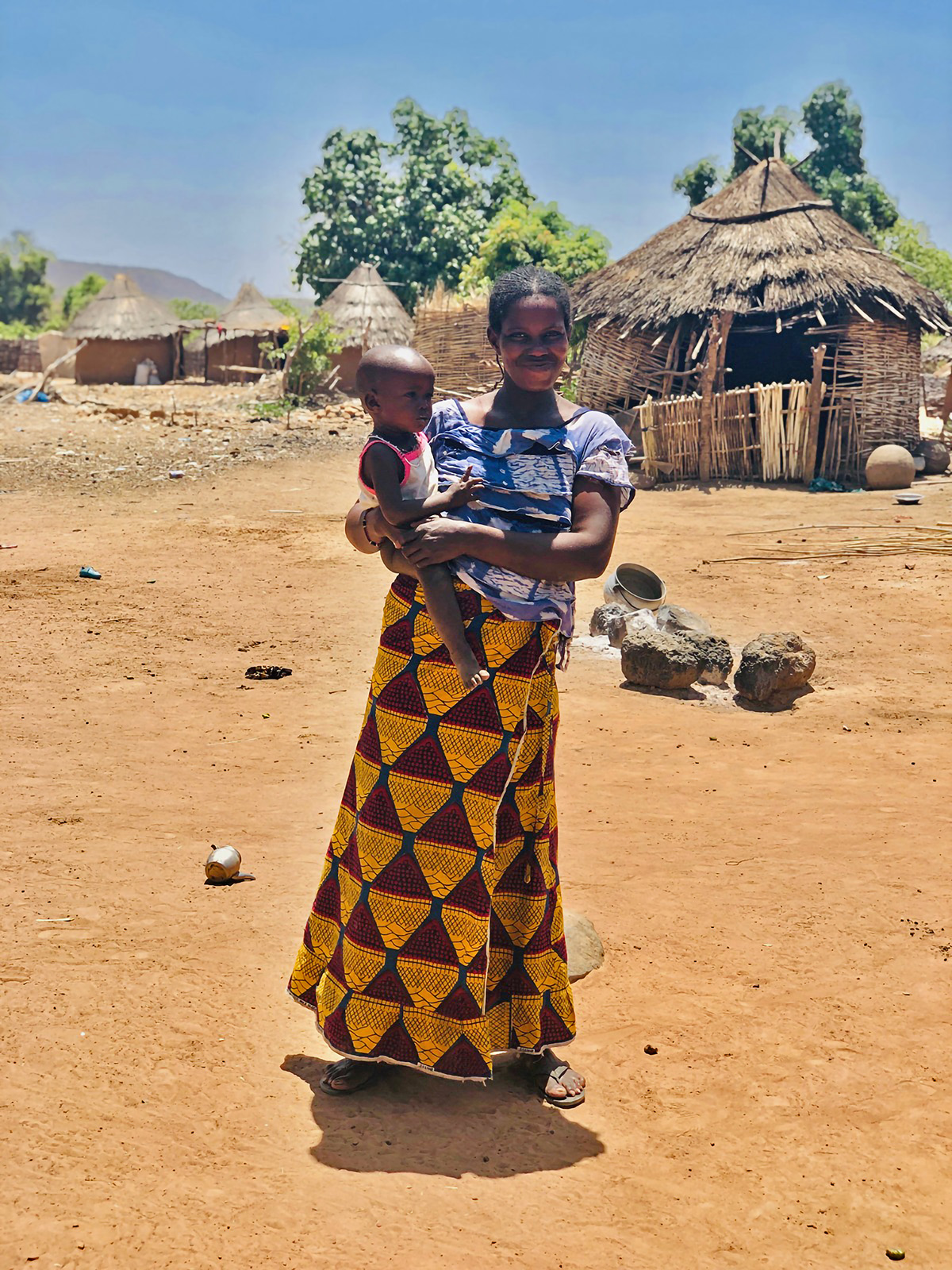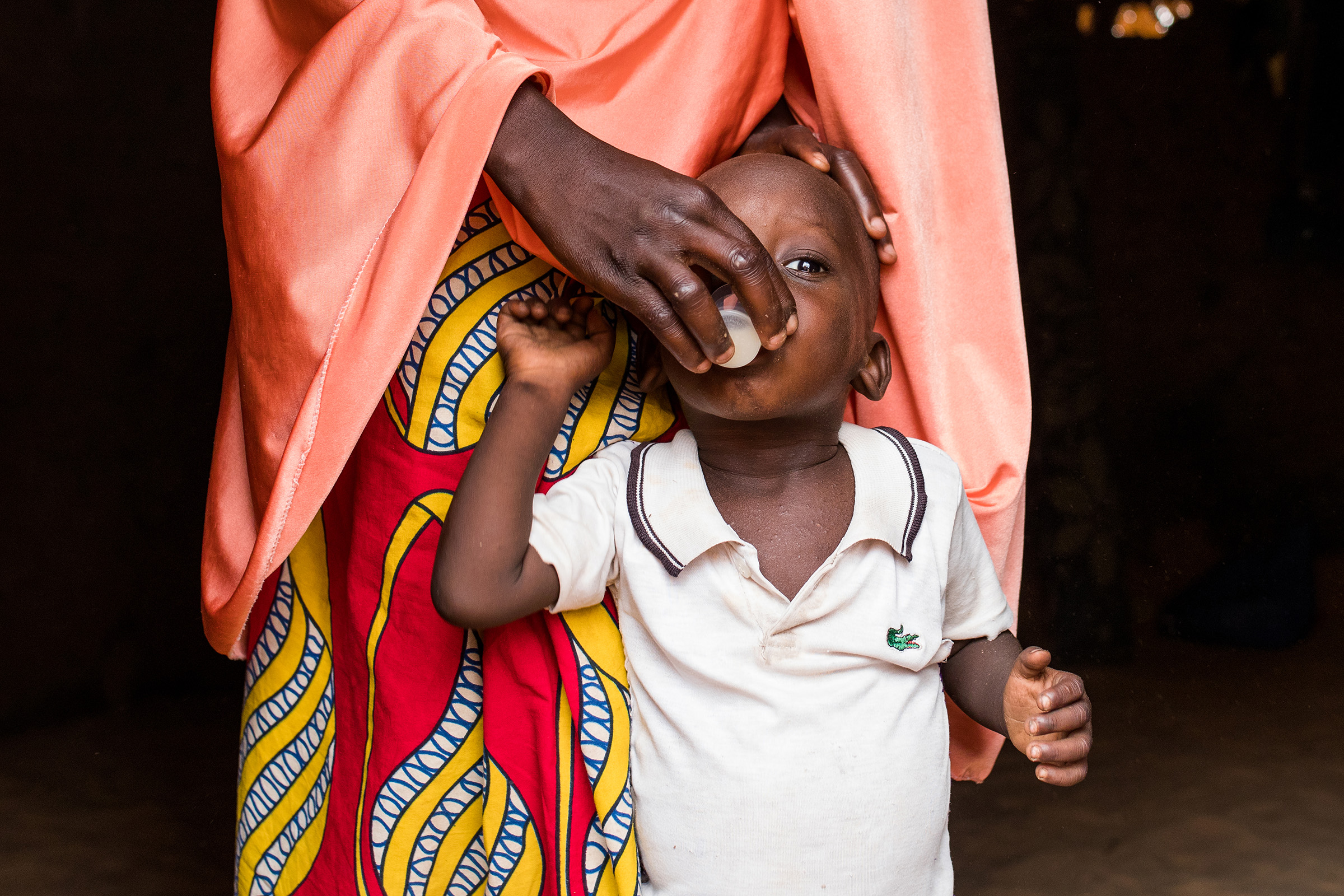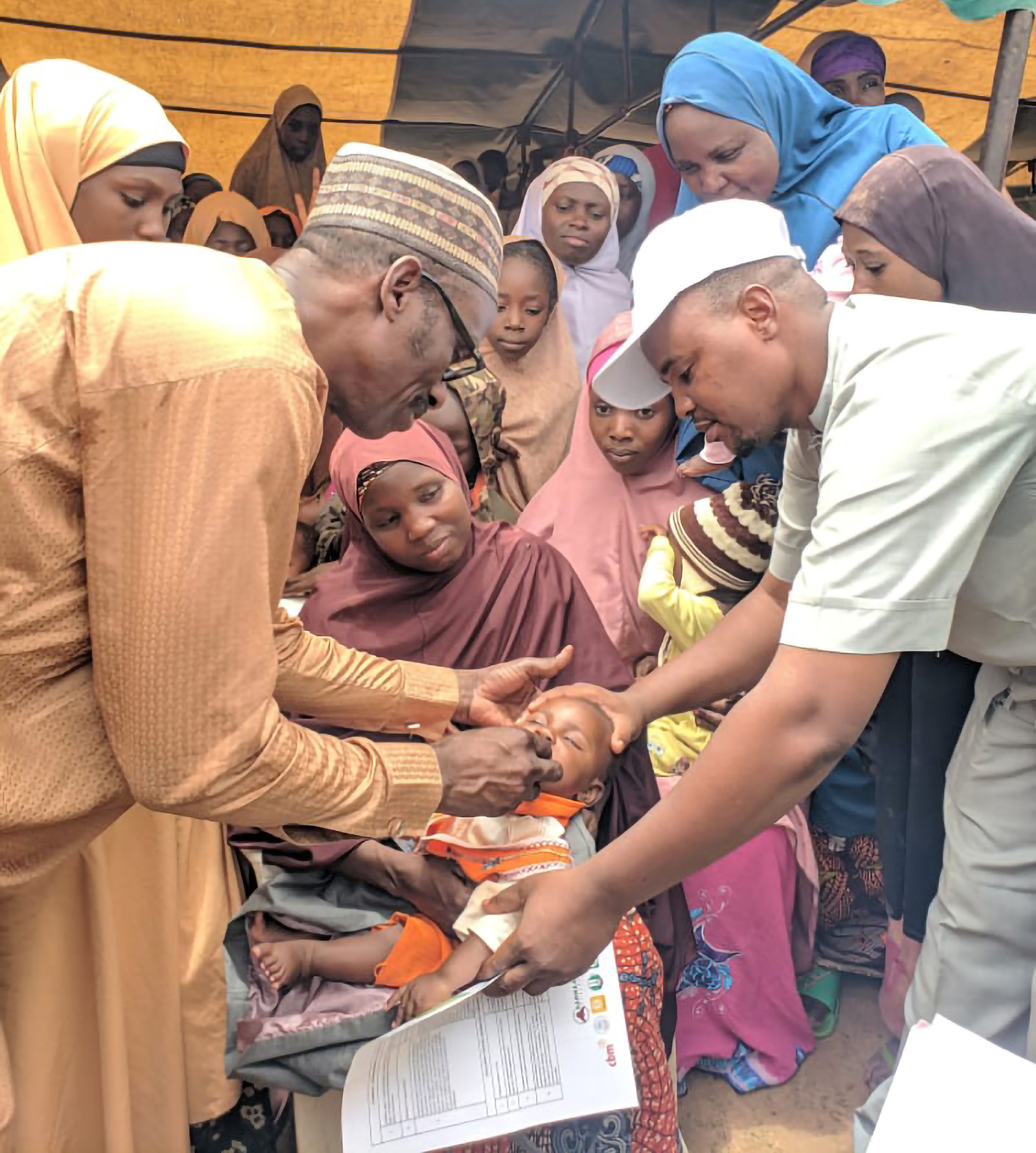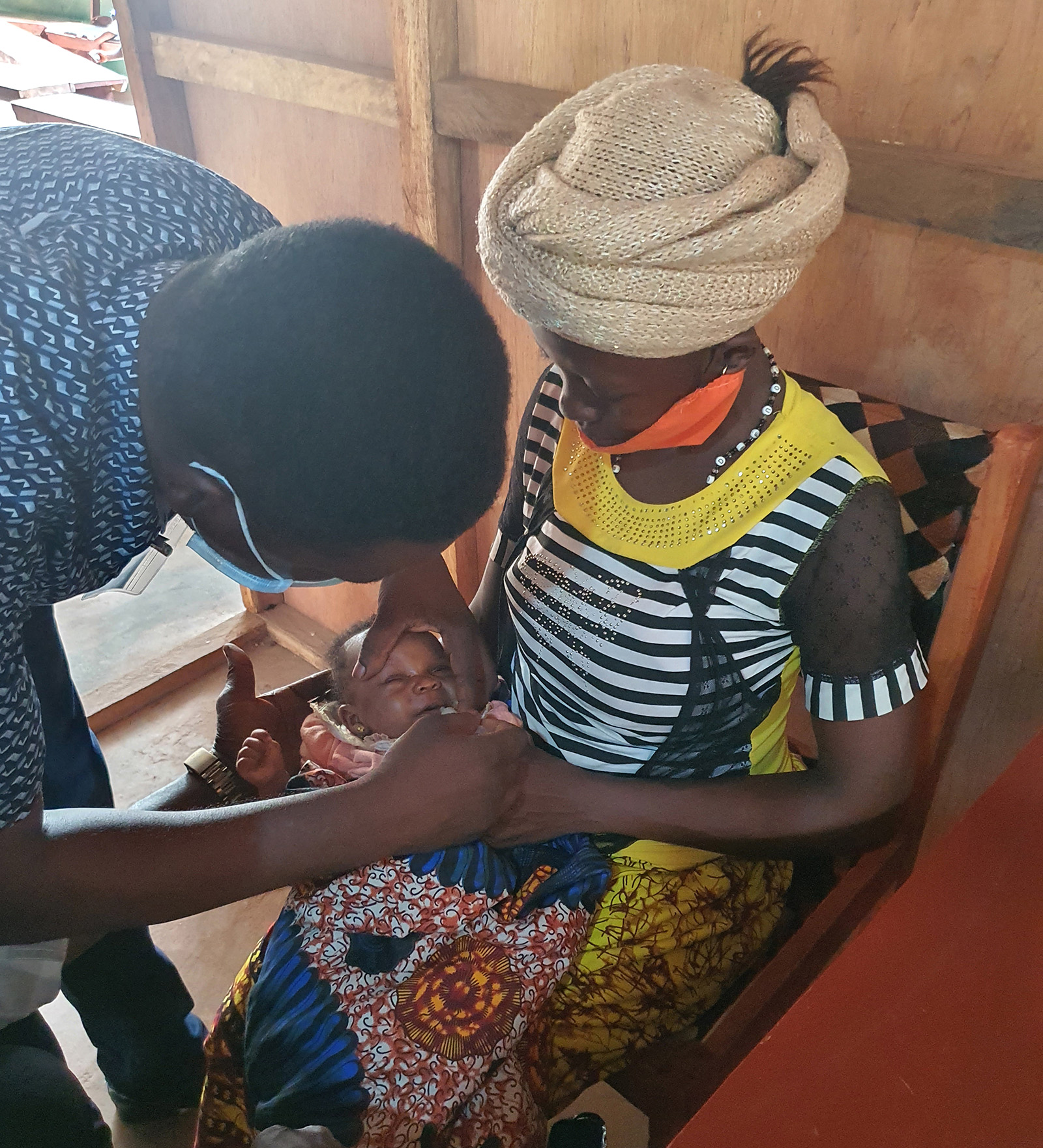The SANTÉ trial consists of a maternal-child programmatic delivery of azithromycin.
SANTÉ stands for Sauver avec l’Azithromycine en Traitant les Femmes Enceintes et les Enfants – Saving [lives] with azithromycin by treating pregnant women and infants.
Objectives and key milestones
Primary Objective 1A:
To assess the efficacy of maternal azithromycin delivered twice antenatally (2nd/3rd trimesters) and intra/peripartum (three total doses) to reduce a composite outcome of stillbirths and infant mortality through 6–12 months of age.
Primary Objective 1B:
To assess the efficacy of infant azithromycin delivered at the first and third doses of routine pentavalent vaccine (~6 and 14 weeks of age) to reduce infant mortality from the time of first dose through 6–12 months of age.
Enrolment schedule
Enrol target sample size:
Mother-infant cohort = 49,600
Infant-only cohort = 10,000 between Q3 2020 and Q1 2023
Completion of follow-up: between Q2 2023 and Q1 2024
Data cleaning/analysis: between Q2 and Q4 2024
Results readout expected: October 2024
Study design
2×2 factorial design
• Pregnant women receive up to three single 2g doses of azithromycin or placebo (two antenatal + one intra / peripartum)
• Infants receive two single 20mg/kg doses of azithromycin or placebo
Study specificities
Study specificities
Other studies are assessing maternal or infant azithromycin – SANTÉ is testing both.
In SANTÉ, infants are dosed indirectly via peripartum dose and twice within the first 4 months of life (at 6 and 14 weeks). Coverage during highest-risk period. SANTÉ is testing an intervention delivered through the routine antenatal care and immunization platforms. Scale-up uses existing infrastructure.
Study setting
81 health facilities in rural Mali, in the Sikasso region, south-east, based in three main districts: Koutiala, Kignan, Niéna.
Ancillary studies
Ancillary SANTÉ studies will assess the impact of maternal / infant azithromycin on the following:
- Antimicrobial resistance (phenotypic and genomic markers of resistance)
- Maternal and infant malaria/prospective data collection on SMC/IPTp
- Biomarkers of environmental enteric dysfunction
- The vaginal and gut (maternal/infant) microbiome
- Immune response to rotavirus vaccination
- Seroprevalence and sero-response to common pathogens
- Impact on infant growth (anthropometric measurements).
